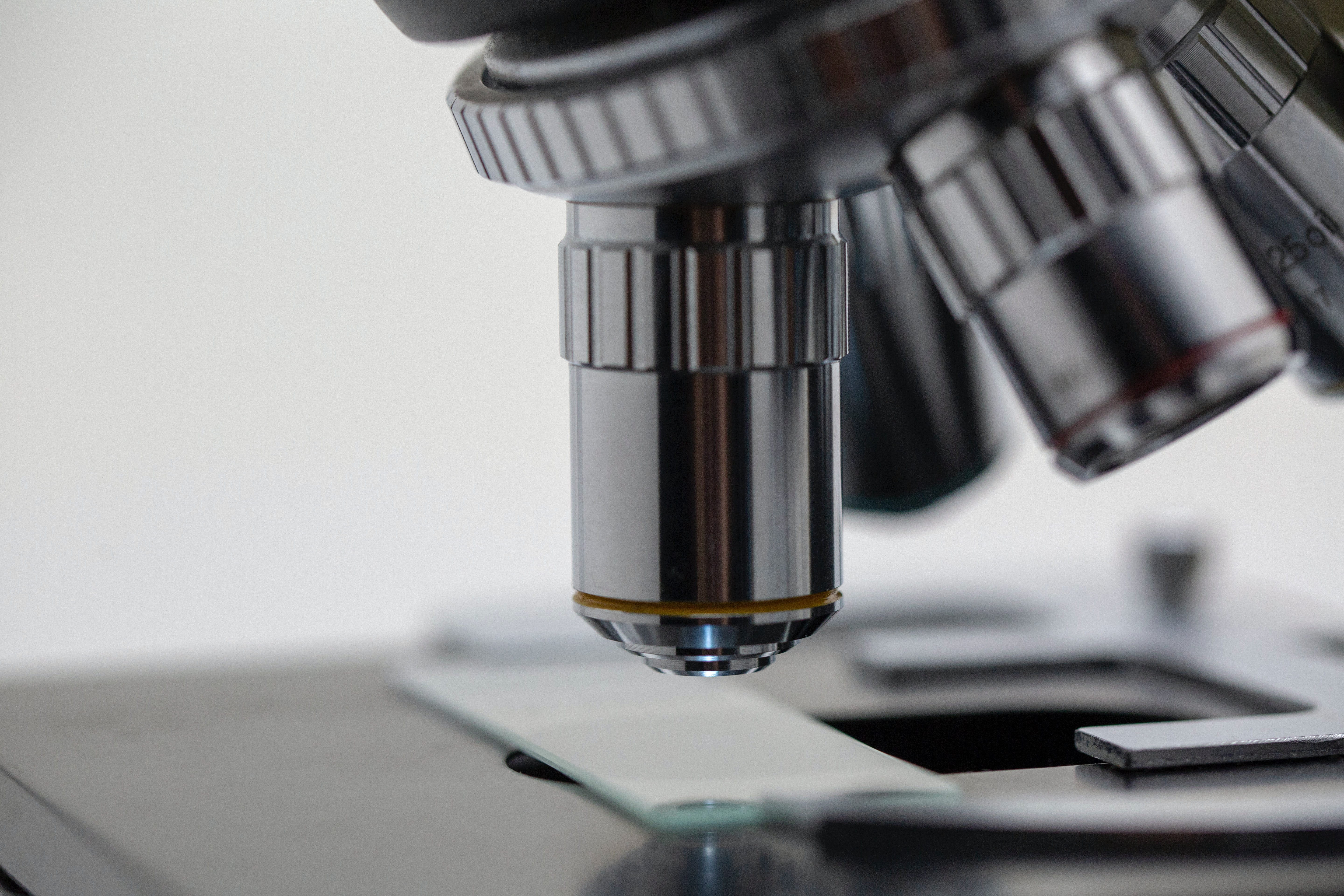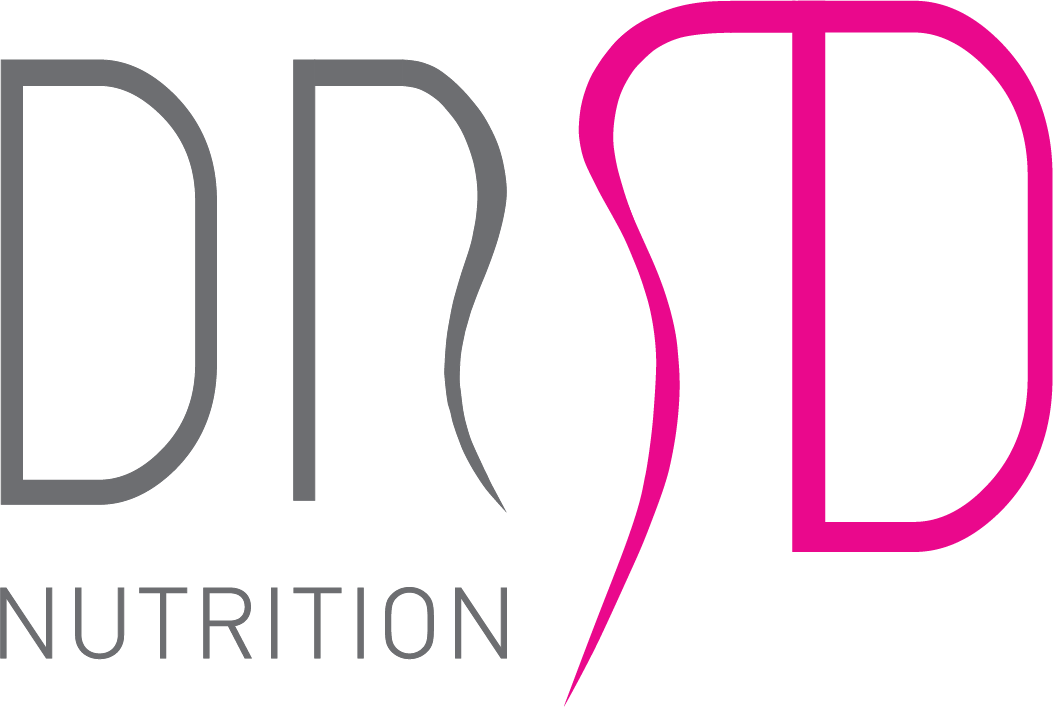Digestive health has become a topic of interest in the past couple of years. Thousands of studies focused on studying the impact of the microbiota on our overall health. What is the microbiota? The microbiota is defined as all the non-pathogenic bacteria, parasites, virus, yeast and fungus that resides in our digestive system. Did you know that our body hosts more bacterial cells then human cells? Those hundred of millions of micro-organisms seems to play an essential role in maintaining our overall health, including digestive and mental health. Some bacteria are known to be ‘good bacteria’ due to their role in producing specific beneficial components to our health, such as: neuroactive substances and small chain fatty acids that have an anti-inflammatory effect. The ‘bad bacteria’ are those causing a negative impact on our health and producing pro-inflammatory substances. The microbiota composition is unique to each individual, just like a digital print. According to research, there is no specific formula that defines a healthy microbiota. It seems beneficial to have an adequate diversity and a balance between various types of bacteria, with a higher ratio of those producing beneficial substances. What is the microbiota’s role? The microbiota plays multiple key roles in metabolic, digestive and immune health, which includes: Recent studies have suggested that our microbiota has the ability to interact with our brain and body. Various messengers allow our microbiota to influence our mental health through pathways such us the blood stream and nervous system. These messengers could be either hormones, neurotransmitters, small chain fatty acids or inflammatory molecules. Our mental state and emotions could mutually impact our microbiota and digestive health (Aimée P., et al). There’s an exponential increase in the amount of research conducted to better understand the multitude of roles the microbiota plays in our global health. An additional reason to take care of our lovely micro-organisms! Which factors affects the microbiota? The gut microbiota can be modeled by many factors, some related to our genetics, environment and others to external changes, for example: Research have demonstrated that the Mediterranean diet, which is high in fiber and low in processed foods, may be very beneficial on improving the composition of the gut flora (S. Bibbò., et al) What happens if our microbiota balance is altered? Many factors can negatively influence our microbiota and create an unbalance between beneficial and bad bacteria. Dysbiosis is defined as an unbalanced bacterial ecosystem in our body, which is associated with some pathologies: More research is necessary to confirm a link with allergies, asthma and autism (Requena T, et al.). In conclusion, many factors beyond our control can influence our microbiota: genetics, delivery method and our diet at a young age. Nonetheless, improving our lifestyle and diet can positively impact our gut flora and sustain our global health. If this topic is of interest to you, check out our probiotics and prebiotics blog! DRRD Nutrition Your registered dietitian at DRRD Nutrition can help support you in improving your digestive health. Feel free to reach out and have your questions answered! Sources:

The role of diet on gut microbiota composition, Eur Rev Med Pharmacol Sci, 2016
Vol. 20 – N. 22, Pages: 4742-4749, https://www.europeanreview.org/article/11780
